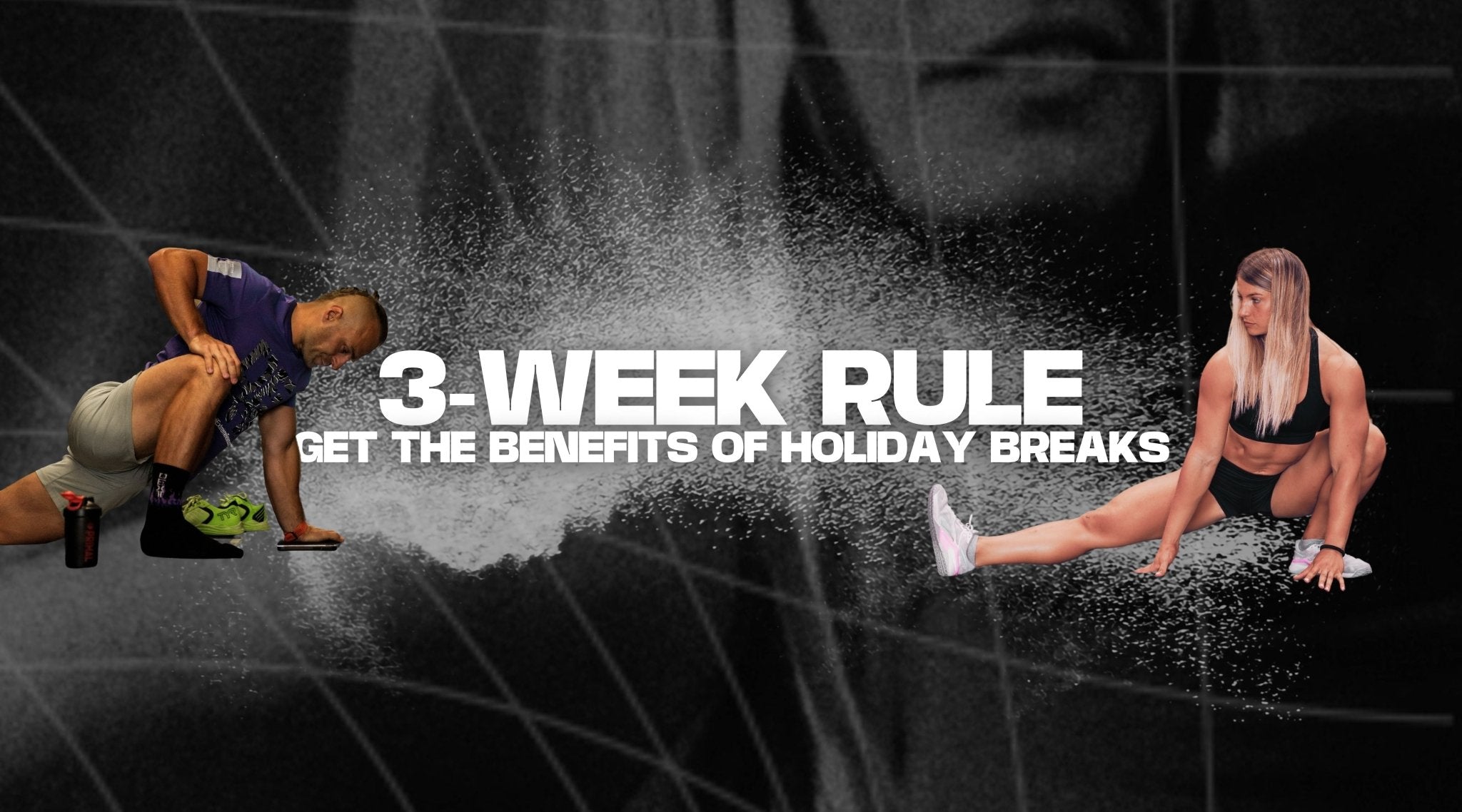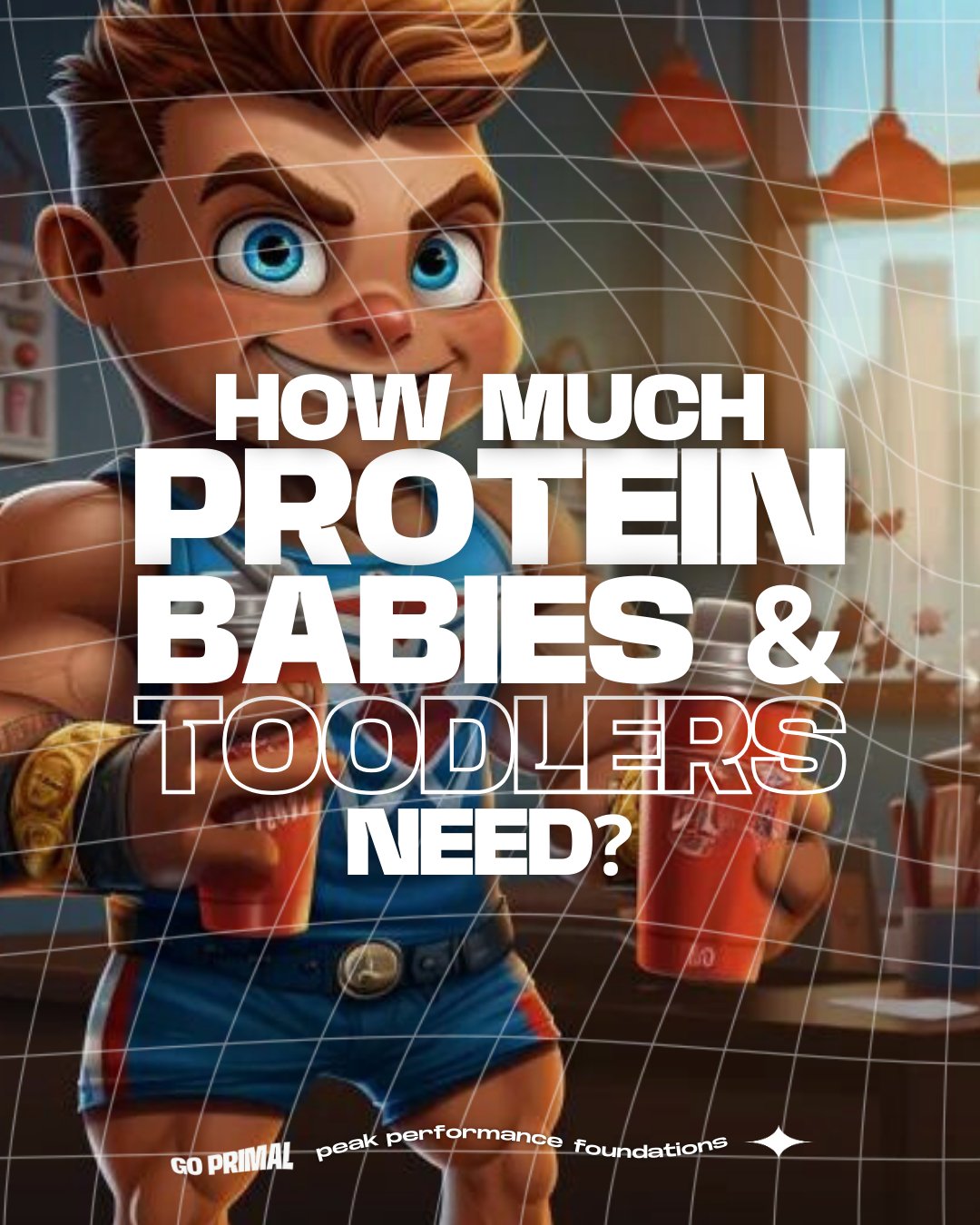
The 3-Week Rule: Is taking a break harming your progress?
The Concept
The "three-week rule" is the time it takes for your body to start losing strength and muscle due to inactivity. But, hold up — it's not the catastrophic setback it might seem.
While there is no one-size-fits-all rule, and individual responses can vary, according to scientific studies, a short break doesn’t spell disaster. You can take up to three weeks off without significant losses in strength. If endurance is your focus, you have to be a bit more cautious— about two weeks before you notice any considerable changes.
The Psychology of Breaks
Let’s talk about the mental side of things. It's common to feel a bit guilty or worried when breaking your routine. But here’s the good news: whether it's Christmas, travel, or illness, short breaks won't hurt your progress.
Not to mention, that even if we say consistency is key for success, it's crucial to understand that short-term distractions won't undo your hard work. Your overall health is a result of what you do most of the time.
The Benefits
Taking a „deload” or „active rest” period can offer several benefits.
- Prevention of burnout: Continuous, intense exercise without breaks can lead to burnout. Taking a longer break helps prevent mental and physical fatigue, ensuring you come back to your routine with renewed energy.
- Injury recovery: If you've been dealing with minor injuries or overuse issues, then the holidays are perfect for incorporating a longer break to allow your body to heal. It's crucial for preventing chronic problems and ensuring you're at your best when you return to training.
- Improved performance: Rest is an essential component of performance improvement. Overtraining can lead to plateaus or declines in performance. A well-timed break allows your body to recover fully, potentially leading to enhanced strength and endurance when you resume.
- Mental refreshment: Fitness isn't just about the body; it's also about mental well-being. Taking a break and spending time with your family and friends can reduce stress, improve sleep, and reset your mental state. This mental refreshment can positively impact your overall fitness journey in 2024!
- Increased motivation: Stepping away from your routine for a while can reignite your motivation. You may come back with a newfound enthusiasm for your workouts.
To get all the benefits, you should forget about all or – in this case - „doing absolutely nothing”. You can still incorporate walks with your family or a little stretching and mobility to start the day right. After the Holidays, you should start slow and get back into your routine progressively to avoid injuries.
What the science says
There are several studies that back up the concept of the 3-week-rule.One research indicates that even with a longer break, say due to injury, the body can bounce back surprisingly fast. The concept of "muscle memory" is real. Here are some more: Key Finding: This study suggests that a brief period (8 weeks) of resistance exercise can lead to substantial gains in muscle mass and strength, particularly in older women. Key Finding: The study investigates the rapid loss of muscle strength during acute illness, emphasizing the importance of maintaining physical activity even during challenging health situations. Key Finding: This study explores muscle atrophy during prolonged inactivity, providing insights into the molecular mechanisms involved and the time course of muscle loss. Key Finding: The concept of "muscle memory" is discussed in this study, suggesting that muscles may 'remember' prior growth and respond more effectively to resistance training even after a period of detraining.
Key Finding: The study investigates the effects of detraining on hormonal responses and strength performance, highlighting the importance of considering both physiological and performance aspects.
So, as the holidays are getting closer, remember: a pause in your routine isn’t a failure. If you feel like taking a break, then try to recharge, get the benefits of recovery and return stronger than ever.


